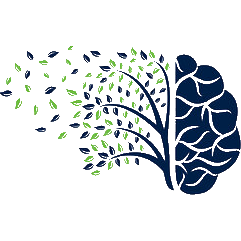
Neurodegenerative: These disorders involve the progressive loss of nerve cells, often leading to a decline in physical and cognitive function. Examples include Alzheimer's disease, Parkinson's disease, and amyotrophic lateral sclerosis (ALS).
Neuromuscular: These disorders affect the nerves and muscles, leading to muscle weakness, paralysis, or spasms. Examples include muscular dystrophy and myasthenia gravis.
Brain Conditions: These disorders affect the brain itself, including conditions like epilepsy, stroke, and traumatic brain injury.
Spinal Cord Conditions: These disorders affect the spinal cord, leading to conditions like spinal cord injury and spinal muscular atrophy.
Peripheral Nerve Conditions: These disorders affect the nerves outside the brain and spinal cord, leading to conditions like peripheral neuropathy, carpal tunnel syndrome, and Bell's palsy.
Infections: Various infections, including those caused by bacteria, viruses, fungi, and parasites, can also affect the nervous system.
Tumors: Brain and spinal cord tumors can also be a cause of neurological disorders.
Neurodevelopmental: These disorders affect the development of the brain and nervous system, and can be present from birth or emerge during childhood. Examples include autism, ADHD, and cerebral palsy.